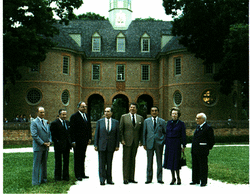
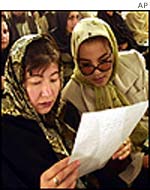
I. What is political economy as an
approach
to the study of politics?
Looks at the interaction/coincidence of
political/economic power
How economic interests shape politics,
determine domestic and international policies
Gender and International
Political Economy
How is international political economy affected by women's (lack of)
participation?


How do scholars
understandings of gender, gender/race/class affect what we know about
how the global economy and how global politics function?
II. Cynthia Enloe's Bananas, Beaches, and
Bases: Making Feminist Sense of International Politics
Gendered nature of international
political
economy has generally been invisible to scholars, the public
Enloe argues this has distorted
our understanding of IPE
**Her central premise:
Gender
makes the
world go round.
We have to see ideas about femininity AND masculinity
as political not just “cultural”
– otherwise, we stay ignorant of how
political
our own lives are and we stay globally naïve
How does making women/gender central to our study of IPE change our
analysis?
What kinds of trends, phenomenon,
development strategies do we notice if we make gender central?
In global politics?
What roles are women
playing in the global economy?
Issues of Interest:
1. Banana Industry

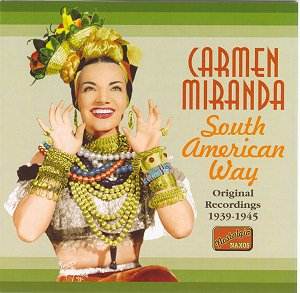
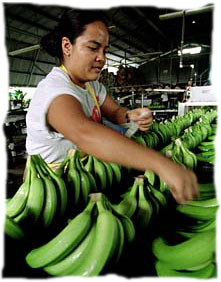
Information on
the Banana Industry
2. The Anti-Sweatshop Movement
WHY do women comprise 80% of global sweatshop workforce?
Enloe argues that whole structure
of the industry (from
payrates to who does what) prefaced on notions of “dutiful daughters”
and
other gender stereotypes, customs, traditions
3. Tourism, Sex Tourism, Trafficking in Women
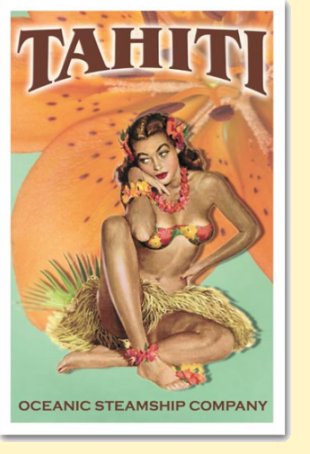
III. Preface to 1989 edition
Pocahontas and Carmen Miranda – their
lives and legends as emblematic of political struggles of their day
Pocahontas – an intermediatry
between Colonizing
British and her people in the New World; her trek to UK as
emblematic
of civilizing influence of British on native peoples
Ends up in British cemetery – with
“civilization’s
coal dust in her lungs”
More on Miranda later
Women as missing dimension of
international
political economy
Women-as-consumers as global political
actors
IV. Chpt 1 Gender makes the
world
go round
If we employed conventional techniques
of analyzing world politics, women are invisible
Photos of men doing politics – not until we have Thatcher in the picture that we even notice that they are all men
key points:
**international political economy
supported
by specific gender roles, occupational segregation;
**Int’l politics are built around
idealized
notions of masculinity and femininity
**these can be changed; this is
potentially liberating for men as well as women
Tourism – how is one’s decision to
vacation
in Jamaica political?
What are the invisible gender dimensions
to the tourist trade mentioned here?
Note also the sexual tension between
colonized,
colonizer.
International politics and economics – depend on women rising to the occasion – being the self-sacrificial superwoman, supermom - doing without her man for months at a time while he’s working in migrant labor or doing his patriotic duties in military, espionage, foreign service
Iran/Contra example – Ollie North
as the
conventional male “patriot”
Fawn Hall as the blonde bombshell
assistant;
Betsey North as the dutiful, self-sacrificial wife; kept
from
knowing secrets of the husbands jobs but expecting to back them to the
hilt if they get into trouble over any of it – no 1questions asked
Throughout this chapter and the
rest of
the book we are walking a tight rope between women as victims
women as political agents
women as complicitous in colonialism,
globalization, etc.